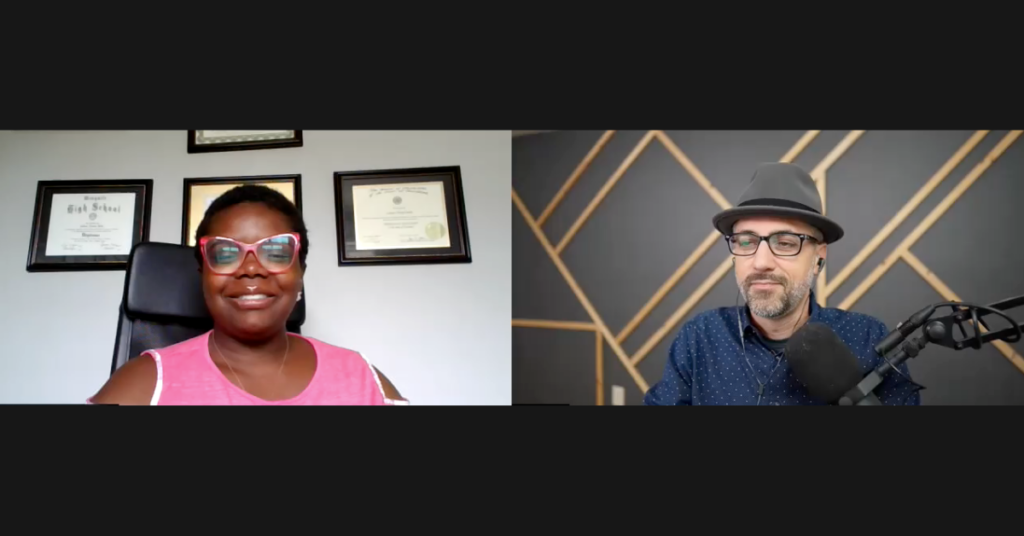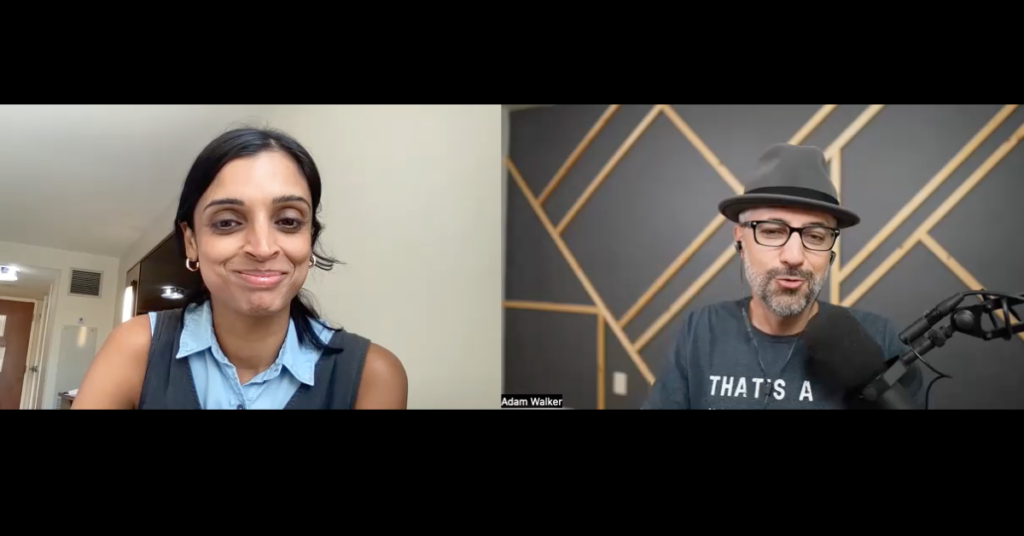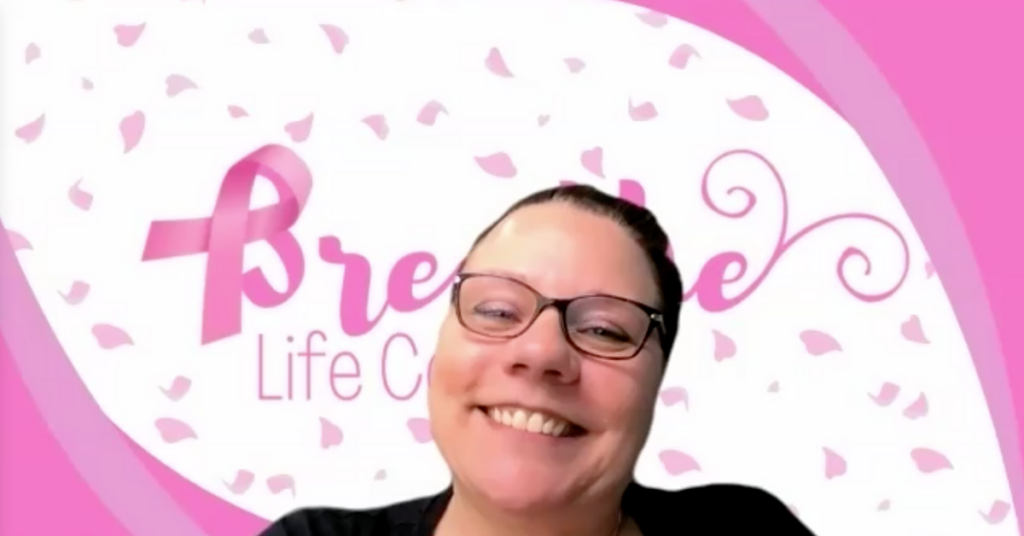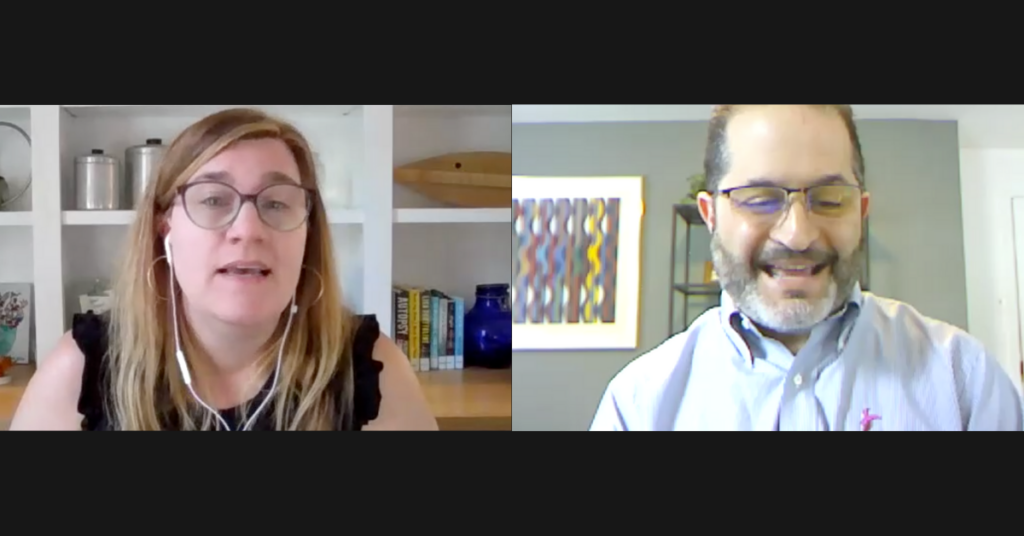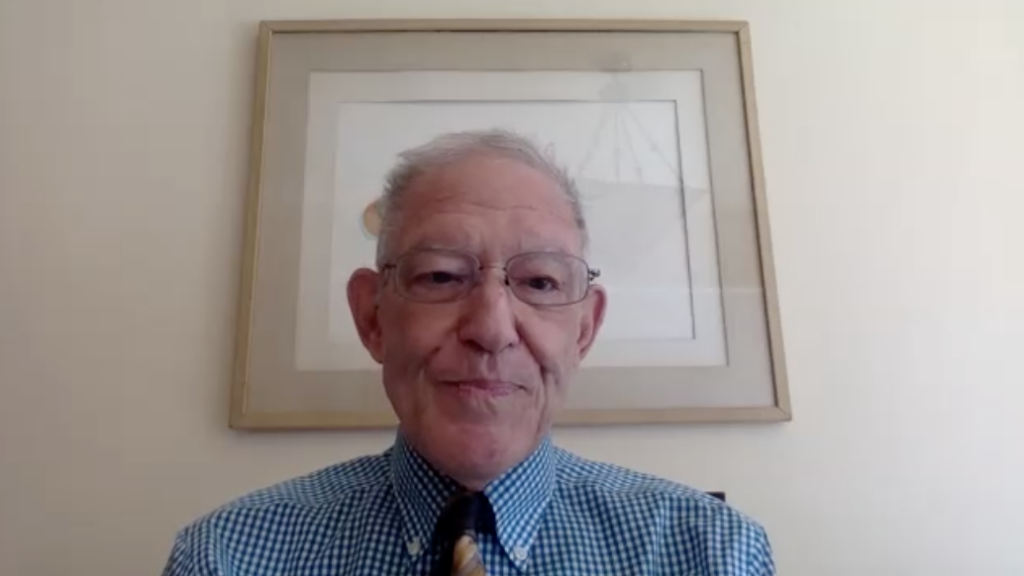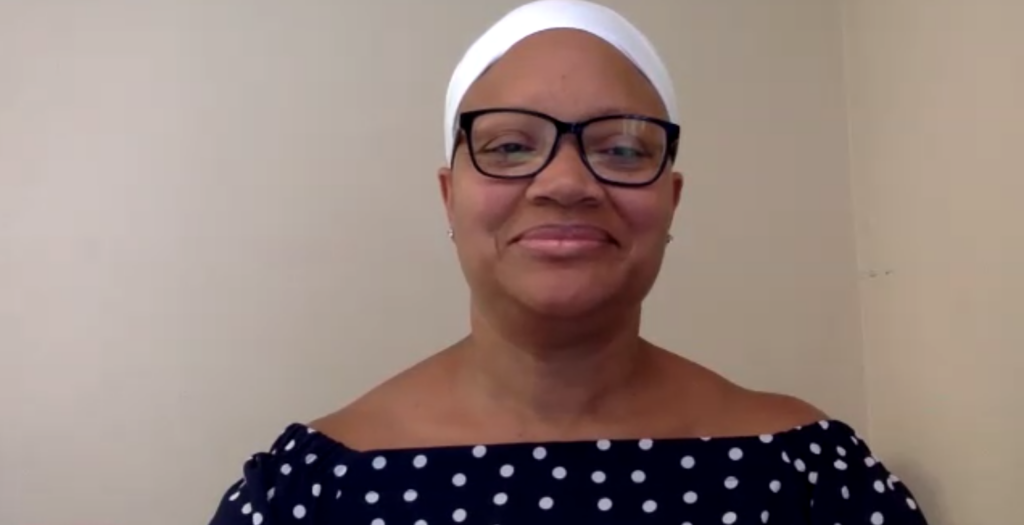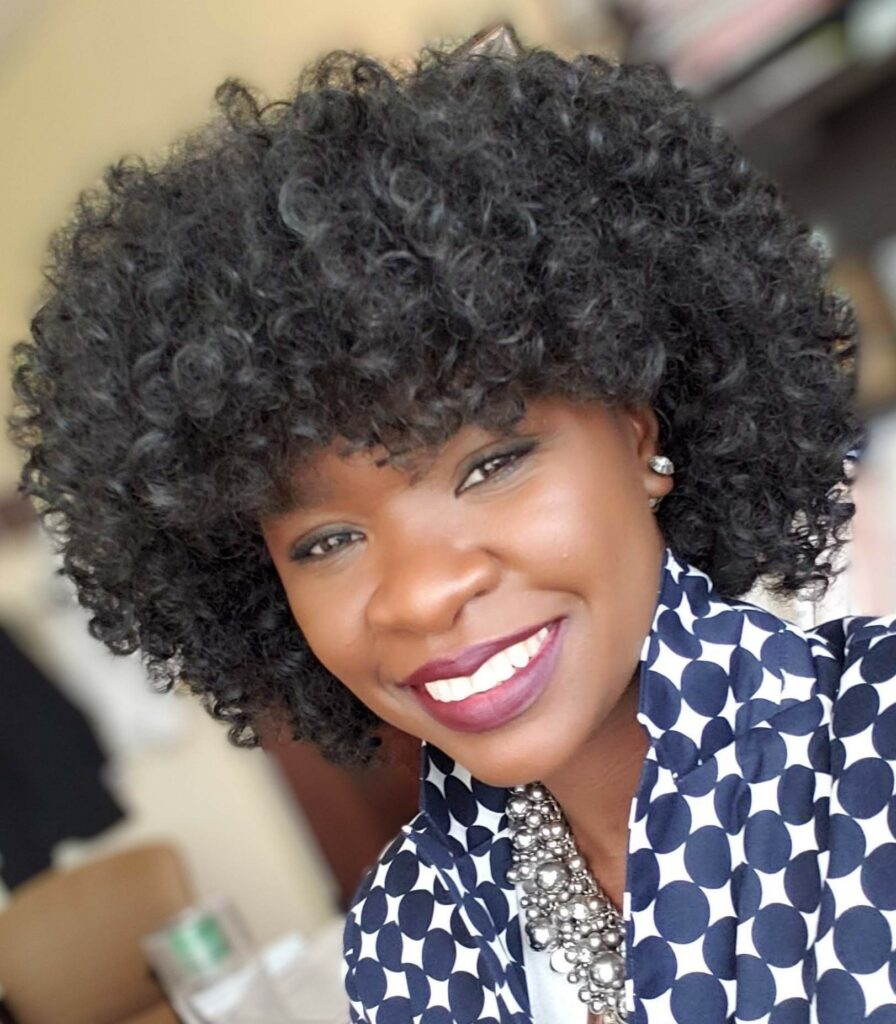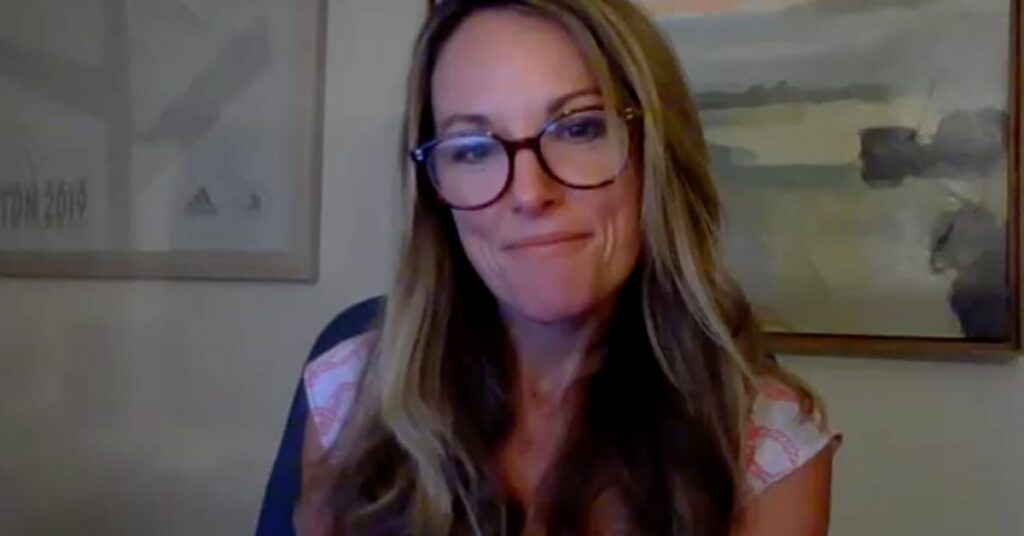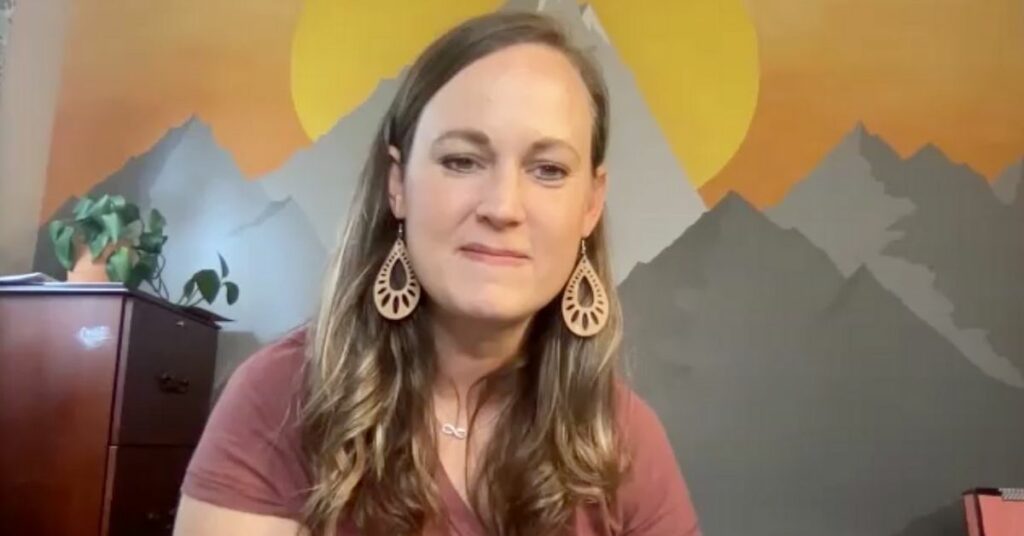Real Pink Podcast Episodes
Body Dysmorphia After Surgery
Every person’s experience with mastectomies is different. Some people might experience extreme body dysmorphia following their surgeries and others might find the healing process easier. Concerns about body image and sexuality are common and can be especially hard for young breast cancer survivors, who find that regaining body confidence after a mastectomy can be difficult. Today’s guest was diagnosed at age 36 with stage IIIC triple-negative breast cancer and because of ongoing treatments, has not yet been able to have a breast reconstruction or even have expanders put in. Here today to talk about how that has affected her physically, emotionally and mentally is LaToya Bolds-Johnson.
Read More25 Years Later: Reflecting on Mom’s Cancer Diagnosis
A cancer diagnosis is never easy, especially on the children of the family. Today’s guest a friend of host Adam Walker — Sindhu Giedd. Her mother was diagnosed with early stage breast cancer when she was in ninth grade. Now as a mother herself and near the age that her mother was when she was diagnosed, Sindhu reflects on her experience with her mother’s diagnosis, how she thinks about her health and the health of her family, and gives us some advice for how families can include their older children in the breast cancer conversation.
Read MoreYou Know Your Body Best
When something feels off, it’s important to pay attention to it. Sometimes that might mean having to stand up to your healthcare team when your needs are not being met, which is not always easy. Asking questions or pushing can be difficult when you’re feeling overwhelmed, scared, or want to be seen as a good patient.However, you know your body best and self advocating really boils down to listening to your body and speaking up for it. Today’s guest was having warning signs that something was wrong, but dismissed them at first because she could not feel a lump. She knew her body and despite doctors telling her that it was no big deal, she pushed for further testing, which ultimately led to her diagnosis. Here today to tell her story and why it is so important to advocate for yourself until you get the answers you need is Laurie Potz.
Read MorePatient Care Services and the Komen Helpline
The path to care is daunting and complex under the best of circumstances. But it is further complicated for underserved populations, particularly women of color, who experience significant barriers throughout the continuum of care. Komen is focused on ensuring all people receive the care they need through our Patient Care Center, which seeks to remove barriers and serve as a dedicated care partner, helpful guide, and support resource throughout the breast health care journey.
Host Adam Walker is joined by Rick Aranson, Komen’s Senior Director of Patient Care Services and Krista Park Berry, Director of the Breast Care Helpline, to share more about how the Patient Care Center helps black patients overcome barriers to care.
EP131 – The Link Between Breast Cancer and Bone Health
On today’s podcast, we talked to Dr. Fred Singer from American Bone Health to discuss the link between breast cancer and bone health. You will learn about how to assess your risk of bone fractures, how to improve your overall bone health, and the different screenings available to integrate. Obtaining a baseline bone scan coupled with knowing your bone health risks can offer you a plan for maintaining strong, healthy bones, which is important to your overall health.
This episode originally aired on September 20, 2021.
Read MoreYou Are Your Best Advocate
In any healthcare situation, it is important to be your own best advocate. No one knows more about your body than you do. Not your partner, not your family, not even your doctor. So when you talk with medical professionals about your health, remember that you have important information they can use. You know about changes in your body and about any problems you are having. You know what your breasts normally look and feel like. Trust your own experience and talk honestly about it with your doctor to make sure you get the care you deserve. Demand more tests when you know something isn’t quite right, understand your disease, be involved in medical care decisions, ask questions and reach out for support. Today’s guest did just that and is here to share the importance that standing up and being heard has played in her breast cancer journey. Mary Ann, welcome to the show!
Read MoreThe Invaluable Support of a Patient Navigator
When you receive a breast cancer diagnosis, your life can literally change in an instant. It is important to know that you are not alone. The support of friends and family is crucial, but a patient navigator can also be an invaluable part of your support team. Patient navigators are trained to help to guide you through the healthcare system, to work with you to find the resources and support you need and to help keep you on course with your treatment plan. They are there to check on you, to lend support and let you know that you are not alone. Today’s guest was laid off from her job within a week of the time that she was diagnosed with breast cancer. Here today to tell her story and why it was so crucial to have a patient navigator to help maneuver through the many life changes that she was experiencing is Melissa Jones. Melissa, welcome to the show!
Read MoreBreaking Down Barriers with Stand for H.E.R. Interventions
Health equity means that everyone has a fair and just opportunity to be as healthy as possible, despite their cultural or demographic background. But achieving this means removing obstacles to health, such as discrimination, economic disadvantages, and lack of access for certain populations and communities.
Today’s guest Omatola Gordon-Rose, Senior Director of Health Equity Initiatives at Komen, understands how multiple barriers combine to create breast health inequities in the black community, and is here to share how the program Stand for H.E.R. A health equity revolution addresses these inequities through several tailored interventions. Omatola, welcome to the show.
Running With Breast Cancer
A breast cancer diagnosis can often make it feel as if you have lost control. You may want to troubleshoot it, to find the root cause and implement a solution. Today’s guest was diagnosed with breast cancer in April 2019, two days before she ran the Boston Marathon. She tried to outrun the process because she was scared to sit idle and lose. But as she discovered, sometimes there is no root cause or viable fix and you have no option but to hope, be patient and trust in the process. Here to share her story and what she learned about herself along the way is Jennifer Sinkwitts.
Read MoreImportance of Healthy Living with Bone Metastasis
When today’s guest was diagnosed with metastatic breast cancer that had spread throughout her skeletal system, her daughters were ages 2, 4 and 6 and she knew that her children would never have a memory of her without cancer being in it. She decided immediately that she needed to be intentional about how she used living with cancer as a tool to help shape them. Here today to share how she focuses on protecting her bones, living her healthiest life and giving others the tools to do the same is Lauren Huffmaster. Lauren, welcome to the show!
Read More
